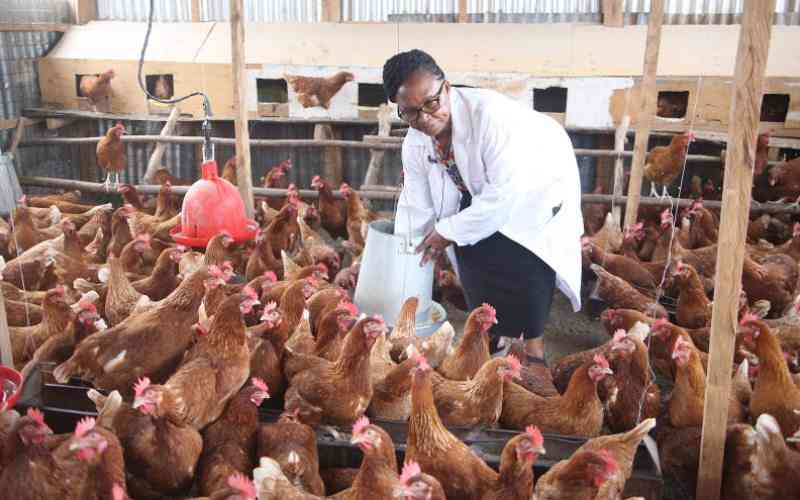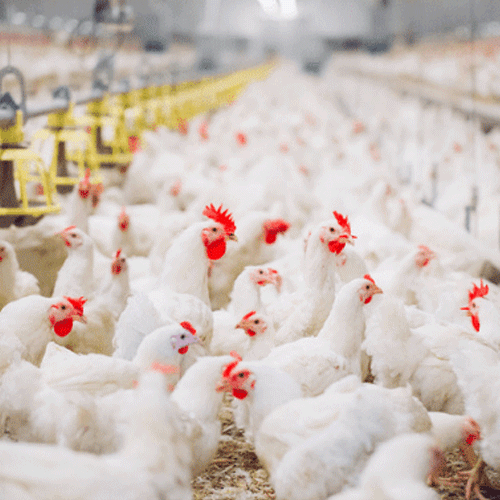
Biosecurity and Farm Resilience in Malaysia
Malaysia’s agricultural sector is taken seriously in a world that places food security as a priority. Biosecurity on farms is essential to protect the country’s livestock and crops from pests and diseases. Malaysia, with its rich agricultural history and commitment to sustainable farming methods has put in place robust biosecurity to safeguard the nation’s agricultural resources. The importance of biosecurity on Malaysian farms, the challenges it faces, and its role in protecting the country’s agriculture industry are discussed in this article.
Farm biosecurity is based on principles in Malaysia that place a high priority on the safety and health of livestock and crops. Biosecurity is a set of practices that are designed to prevent the spread and introduction of pests and diseases. The practices can be implemented on a variety of levels, ranging from the individual farm to national agriculture system. The concept of biosecurity risk management is at the heart of this initiative. It involves identifying possible risks and taking proactive steps to reduce them. Malaysia’s Ministry of Agriculture and Food Industries, or MAFI, plays an important role in establishing standards and guidelines regarding farm biosecurity.
Malaysian farm biosecurity is comprised of several components. Disease surveillance is a fundamental aspect of biosecurity in Malaysia. Authorities and farmers monitor any outbreaks of diseases among livestock and crops, and actively report them. It is important to detect diseases early in order to prevent their rapid spread. There are quarantine measures in place that restrict movement of plants and animals who may be carrying diseases. Biosecurity also includes strict hygiene, controlled access, and biosecurity zones that limit the contact of different crops or animals.

Malaysia is facing several threats and challenges despite its concerted effort to ensure farm biosecurity. Globalization and the increased flow of goods and people has increased the risks of new pests and diseases. The climate change can also have an impact on the spread of pests and diseases, so it is important to adjust biosecurity measures accordingly. The diversity in agricultural practices throughout the country also makes it difficult to standardize biosecurity. To ensure biosecurity protocol compliance, it is also important to educate and inform farmers. For more information please visit here https://sunzencorp.com/
Biosecurity is a key component of livestock farming in Malaysia. This includes the protection of Malaysia’s varied livestock population including poultry, calves, goats and many more. To prevent diseases such as avian flu, foot-and mouth disease and Newcastle disease from spreading, farms are required to follow strict biosecurity protocols. These include regular health check-ups, vaccination programs and biosecurity audits. These measures are not only important for the animal’s health, but they also protect the safety and quality of products made from animals.
Biosecurity in crop farming is vital for protecting Malaysia’s staple crops, such as rubber, rice, palm, and oil. They are vulnerable to pests and diseases that could destroy their yields. Crop farming biosecurity involves the use of resistant crop varieties and strict sanitation to avoid pests. Using surveillance networks can also help detect crop disease quickly.